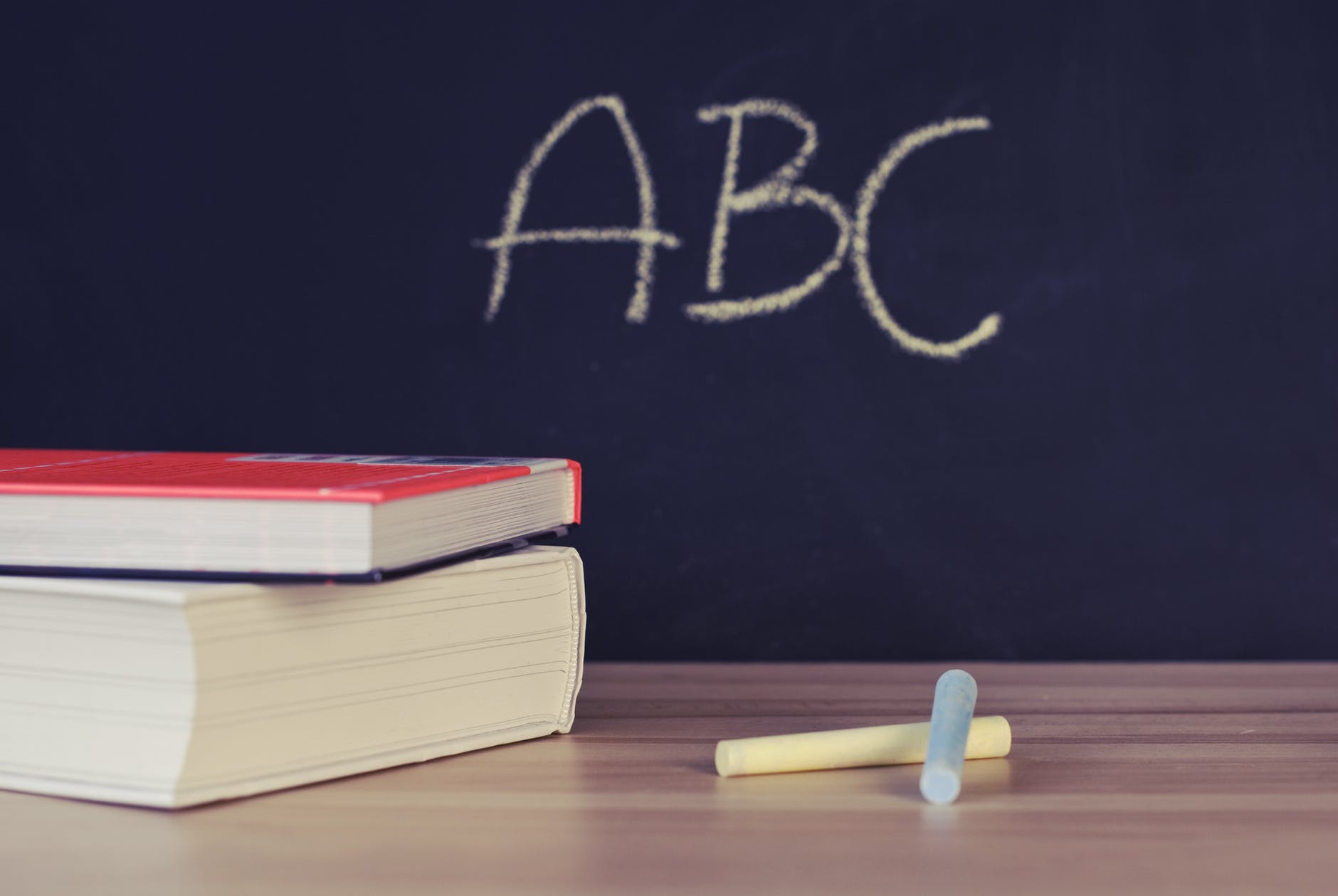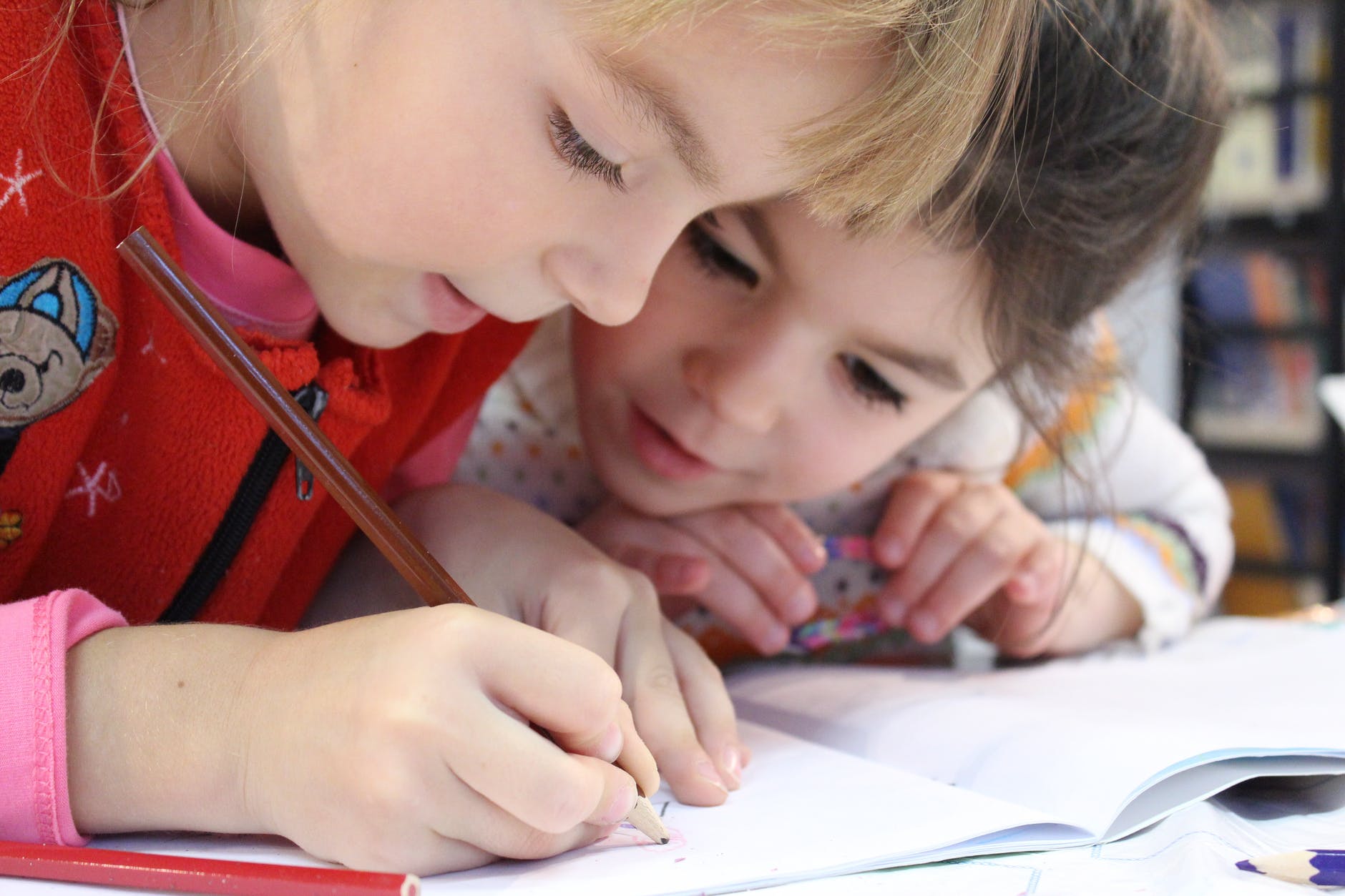
The coronavirus pandemic impact has been far reaching and it is predicted that the impacts will be felt for a number of years to come.
However, one of the potentially longest-term impacts is that on children at school who have missed out on learning which has been significantly disrupted for the duration of the pandemic.
Whether it is the mental and socio-emotional impact of children being isolated from peers, those children who missed out on key early years learning, or those children due to take important examinations, the impact has been significant and few children, if any have been unaffected.
Politicians and commentators have speculated about how easy it will be for children to “catch up” on learning they might have missed. Some have questioned if it will even be possible at all, with suggestions that we could be feeling the effects of the educational impact of the pandemic for many years.
Lost learning
Research from the Organisation for Economic Cooperation and Development shows that in the first 12 months of the pandemic (March 2020-March 2021), 1.5 billion students in 188 countries and economies weren’t able to go to school, for varying lengths of time.
Further research published by the Education Policy Institute in October 2021 estimated that by the second half of March 2022, lost learning in primary school had amounted to 2.2 months in reading and 3.5 months in numeracy. The research also showed that the impact of lost learning is not equal across groups of children, with those from lower income backgrounds or areas of higher deprivation facing a greater gap in learning than those from more affluent backgrounds.
There have also been significant challenges faced by children with special educational needs and disabilities (SEND). Research has found that in many instances the pandemic has created a “double disadvantage” for children and young people with SEND and that it has exacerbated challenges they already faced with accessing support. Many children and their parents felt “left behind” by decisions that were made around school and care setting closures which they say will have a largely negative impact on children with SEND, not just from lack of learning, but also loss of routine, access to specialist therapies and equipment and interaction with peers.
Trying to predict the impact
Researchers have been attempting to use data from previous crises, such as the Christchurch earthquake and the Second World War to look at the potential long term impact of learning disruption on employment and earnings in later life.
Those examples highlight that long-run negative effects are considerable, but can be mitigated by significant government, school and parental responses. In other words, catch-up is not a natural process: it requires active and sustained efforts.
However, researchers have also noted that the response to catching up is also unprecedented, with little previous comparison for the immediate recognition of the disruption and the efforts in strategies like remote learning which have been employed to try and reduce disruption.
This effort to allow children to maintain some level of learning during the pandemic and allow those who have missed learning to catch up after it could be key in ensuring that children aren’t left behind.

How to “catch up” on learning
A report by the United Nations-led Accelerated Education Working Group has proposed multiple ways to deal with pandemic-induced learning losses. These range from extending teaching time to implementing formal catch-up programmes with remedial education for struggling pupils.
In 2020 £350million was invested by the UK Government in the National Tutoring Programme, with a further £200million allocated in February 2021.
Research exploring the effect of extending the school day and summer schools on educational attainment from the Education Endowment Foundation has found that these measures have a low impact but moderate associated costs. This suggests that it is not an effective way to address gaps in children’s learning created by the pandemic. The evidence also indicates that these interventions aren’t effective in meeting the needs of the vulnerable children who need most support.
There are many, though, who suggest that the focus on “catching up” is not helpful, for learners or teachers. They say that the notion that learners need to “catch up” or are “left behind” reinforces the idea that children only have “one shot” at a “traditional educational route” and that those children who don’t meet those standards have somehow failed. It also puts them under pressure to perform academically at a time which has been challenging and unprecedented for everyone, which could do long term harm to their wellbeing. Instead, they contend that children should be encouraged to celebrate the learning and successes they have had in the past 18 months, whether that is in formal academic assessments, finishing a book they previously hadn’t read or learning to bake or sew.
Children will be returning to school to “catch up” on missed learning from different places – some will have made surprising progress, some will have seen developments in their socio-emotional learning, some will have endured a difficult series of months, some will be continuing to deal with challenges which have only been exacerbated by the pandemic.
The reality is that there is unlikely to be a “one size fits all” process that can restore children to expected curriculum targets as though the pandemic never happened.
Final thoughts
As announcements come of a potential return to formal examinations in 2022, both learners and teachers need to be supported to help make up gaps in knowledge and to ensure assessment is fair.
While learners need to be supported to catch up educationally, the pandemic has also had a significant impact on socio-emotional learning and mental health, and children and young people will need to be brought back into learning environments in ways which support this too. Teachers and those involved in schools and education are themselves under pressure from significant workloads and stressors on their own mental health and wellbeing which was also inevitably impacted by the pandemic.
There are, as yet, few studies which look at the longer term impact of large scale missed education, particularly the impact on older children who have missed, or will now be due to take, key examinations, or early learners who may have missed out on key developmental learning milestones. But the early research shows we face a significant challenge to help bring all children whose learning has been disrupted back to pre-pandemic learning levels.
If you liked this article you might like to read:
- Supporting our communities when they needed it most: how the VCSE sector has navigated the coronavirus pandemic
- The Covid-19 knock-on: public health and the impact of delays in non-urgent treatment and diagnosis
Follow us on Twitter to see which topics are interesting our research team this week.
Share
Related Posts
A recent item on BBC Radio 4’s Today programme generated an unusually high number of responses from listeners. A man who had lost his job in the financial services sector at the age of 57 described his difficulty in trying ....
By Donna Gardiner While free school meals (FSM) have been available in England on a means-tested basis since 1944, recent years have seen a renewed focus upon the potential benefits of providing free school meals to all school-aged children. Currently, ....
By Robert Kelk and Chris Drake A new start for an old challenge? The recent appointment of Marc Lemaître as the European Commission’s director general for research and innovation (R&I) has returned Europe’s R&I gap to the spotlight. Previously head ....
By Hannah Brunton UNESCO’s Global Media and Information Literacy Week 2022 takes place from 24-31 October 2022 under the theme of “Nurturing Trust”, giving governments, educators, information professionals, and media professionals the chance to discuss and reflect on critical issues ....
